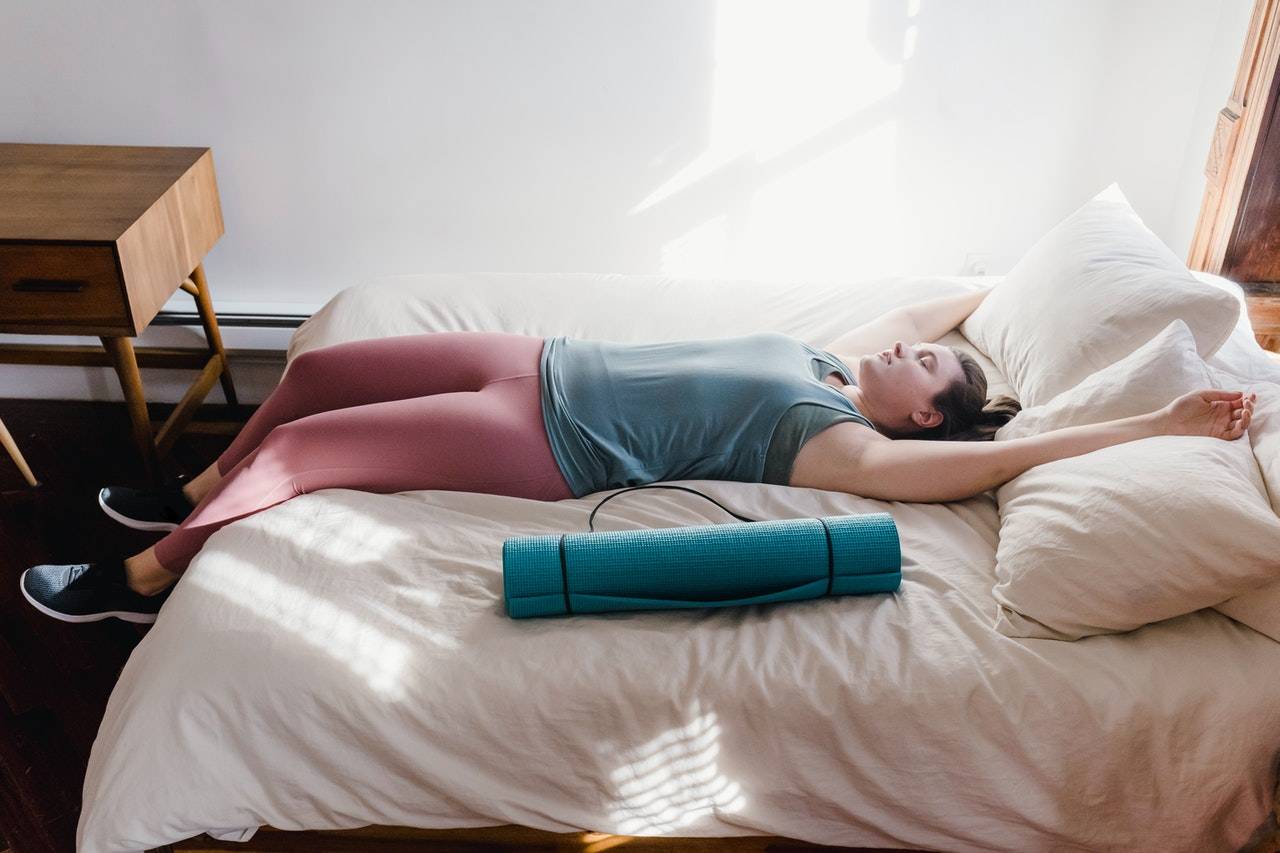
How important is sleep for runners of all shapes, sizes and levels?
Poor sleep quality disrupts musculoskeletal recovery and reaction times and influences mood and cognitive functions, increasing injury risk (Durmer and Dinges, 2005; Milewski et al., 2014). In addition, several studies report that lack of sleep is associated with a higher risk of sustaining sports-related injuries (Gao et al., 2019; Luke et al., 2011; Milewski et al., 2014; von Rosen et al., 2017). However, only recently researchers connected a lack of sleep and running-related injuries (RRIs) such as medial tibial stress syndrome (MTSS) and patellofemoral pain syndrome.
Mousavi et al. (2021) recently completed a cross-sectional survey investigating the prevalence of RRIs and the associated risk factors, including sleep quality.
How was sleep quality assessed?
Sleep quality was measured using the "Pittsburgh Sleep Quality Index" (PSQI), a valid and reliable questionnaire (Buysse et al., 1989). The PSQI consists of 19 items such as "during the past month, how often have you had trouble sleeping because you wake up in the middle of the night or early morning?". The goal with these 19 items is to assess seven components of sleep: (1) sleep quality, (2) sleep duration, (3) sleep latency, (4) sleep efficiency, (5) sleep disturbances, (6) use of sleep medication, and (7) daytime dysfunction. The PSQI provides a final sleep quality score from 0 to 21, with higher scores indicating poor sleep quality.
The results?
As one might expect, runners with poorer sleep quality are more likely to report RRIs such as MTSS; however, being injured also contributes to poor sleep quality. Hence, due to the study design, it isn't clear which causes the other. But, thanks to previous studies, we know that poorer sleep quality and quantity increase your chances of injury. So, while this study is inconclusive on if it causes running specific injuries, a fair assumption would be if you're sacrificing sleep as a runner, you increase your risk of MTSS.
What could you do as...
a clinician
When a runner presents with an injury, understand you are probably encountering someone who is outright passionate and obsessive. Thanks to David Goggins, Jocko Willink, and more influencers pushing the "be hard" agenda, a lot of people are beginning to sacrifice sleep to "win".
If they're serious about their sport and overcoming their injury, look at their sleep schedule. See if you can have a positive influence on their sleep in addition to other treatment modalities.
a runner
Sleep!
About the author:
Ben Lindsay is the Managing Director and engineer behind the Solushin medical device. A former national medalist swimmer, Ben aspires to learn from physicians, physiotherapists and podiatrists so he can develop tools to improve the quality of care for their patients.
